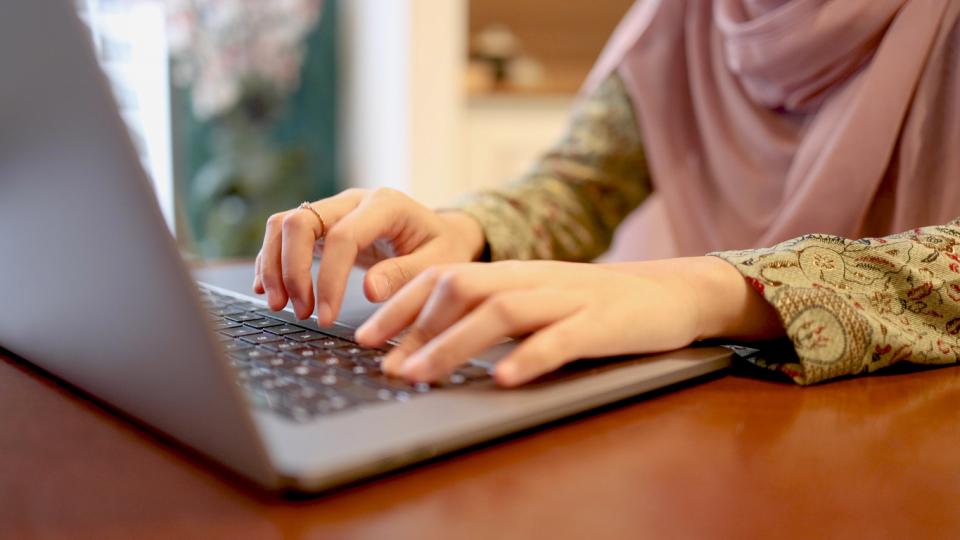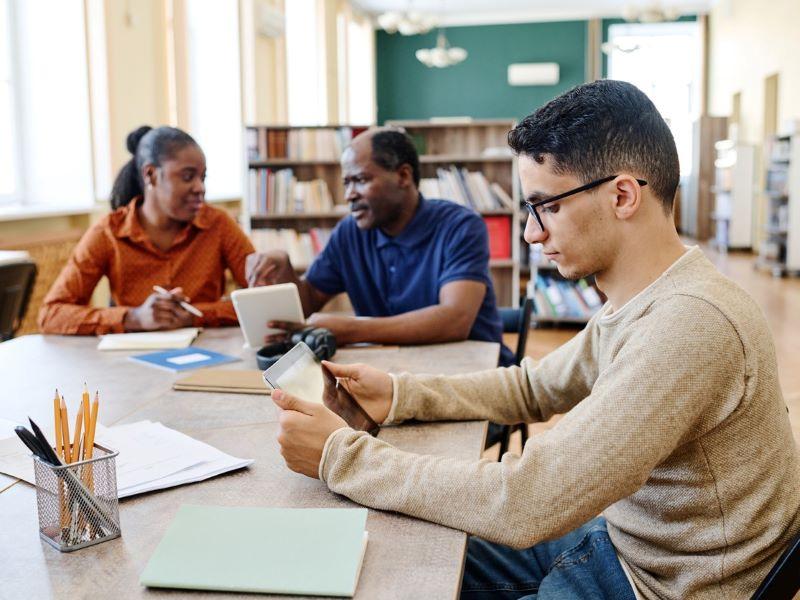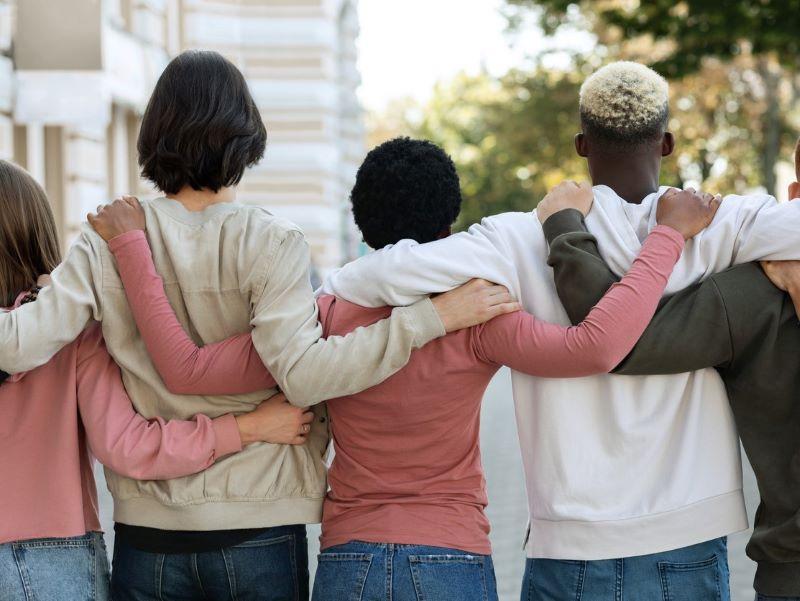With a ceasefire in place in Gaza, calls for centring Palestinian voices in the reconstruction process are growing. At the same time, many scholars in the UK continue to condemn Israel’s genocide and “scholasticide” – the systematic destruction of educational institutions – and to amplify Palestinian perspectives through research, reports and publications. Yet, local calls for concrete acts of solidarity have, for the most part, gone unanswered.
We launched the Gaza Education Research Virtual Fellowship (GERVF) to help address this. It allows Palestinian academics to continue their research with support from our institution.
The GERVF is in its pilot stage, and we are learning about its impact through:
- Interviewing fellows
- Holding collaborative workshops
- Keeping research diaries
- Holding reviews of similar partnership models.
Here are lessons we’ve taken away, so far.
Hone your outreach strategy
When we launched GERVF, we worked through the Emergency Committee of Universities in Gaza to emphasise the idea of “institutional collaboration”. That meant we relied on the committee to circulate the call internally within the three member universities, rather than making the call public ourselves. Our research highlighted that a broader outreach strategy was needed. Efforts should include internal communication networks with partner institutions: university email lists, Slack channels, WhatsApp groups, for example. They should also include external communication on social media channels such as LinkedIn, on the university website and through professional networks and associations.
- Virtual fellowships as ‘material solidarity’ against scholasticide, part 1
- What can universities do to improve routes into HE for displaced academics?
- Spotlight guide: Dealing with division - the polarised university
Remain flexible
Flexibility has proven essential, in all areas. The situation in Gaza changes constantly, and the fellowship must adapt accordingly while always prioritising the safety and dignity of the fellows.
Fellows need longer access times for online resources, their feedback revealed. It also highlighted the need for increased financial support. Securing more funds and establishing institutional partnerships of this kind can take time, so work closely with your relevant university departments to set up these arrangements.
While the first version of this fellowship involved direct payments to individuals, in future, we will route funds through institutions to reinforce partnerships.
Communicate regularly
Regular communication with fellows is essential. We use a combination of formal emails and more time-sensitive WhatsApp communications. The fellows also noted that while virtual partnerships offered many benefits, a hybrid model could further strengthen the initiative and provide vital support. Explore this possibility during the development stage and throughout the fellowship itself, depending on feasibility and safety.
This could include visits by fellows to the institution sponsoring the fellowship, staff visits to fellows’ institutions or meetings in a third country. If possible, the fellowship should facilitate in-person meetings among the fellows, supporting cross-university collaboration and community-building.
Ensure the fellowship is sustainable
Sustainability should always be a priority, and key to this is:
- Buy-in from senior leaders early in the process
- Development of a diverse range of funding proposals
- Consideration of strategic ways to expand the programme
- Alignment of the fellowship with university priority areas.
Collective effort also contributes to lasting impact. Our goals are:
- To form a fellowship alumni group and host annual virtual seminars
- To develop a knowledge exchange network of UK universities offering virtual fellowships in Gaza.
Discussions are underway with senior leadership at our university to secure ongoing institutional support and to embed GERVF into the university’s annual portfolio of programming.
One of our fellows, Magdy S. Aqel from the Islamic University of Gaza, who is developing an AI-based model for sustainable learning, said of his experience:
“The fellowship has greatly stimulated my research after I thought that nothing would ever be the same again due to the war and the successive crises. It is very important that I now feel like an academic researcher again. I returned once again to search for educational resources and hold meetings to collect data with students. This fellowship sent me a message that there are people in the world who feel your suffering and share the challenges you face.”
We cannot rebuild Gaza’s universities with bricks and mortar alone. We need ideas, networks and solidarities strong enough to carry knowledge through the rubble. The GERVF offers insights into how this can be done – with a founding budget of just £8,000, the project has demonstrated its potential to be a relatively low-resource and high-impact innovative partnership.
We must transition from “non-performative speech acts” (statements that do not bring about the effects they name) to material solidarity (concrete actions that give recognition and visibility to Palestinian higher-education institutions and scholars) and that facilitate collaborative knowledge-making with them through partnerships.
Palestinian scholars do not merely require sympathy, but access, visibility and authentic partnerships. Our solidarity should involve reimagining partnerships that value lived experiences and dismantle structural academic inequalities. Institutions ought to establish sustainable pathways for scholars at risk, focusing on long-term investment in their voices, leadership and contributions to global knowledge, rather than offering temporary invitations.
Read part one of this series to learn how to work with external partners to design a virtual fellowship.
Basma Hajir is lecturer in education and social justice at the University of Bristol, Magdy S. Aqel is an academic at the the Islamic University of Gaza, and William W. McInerney is a research consultant.
If you would like advice and insight from academics and university staff delivered direct to your inbox each week, sign up for the Campus newsletter.




comment